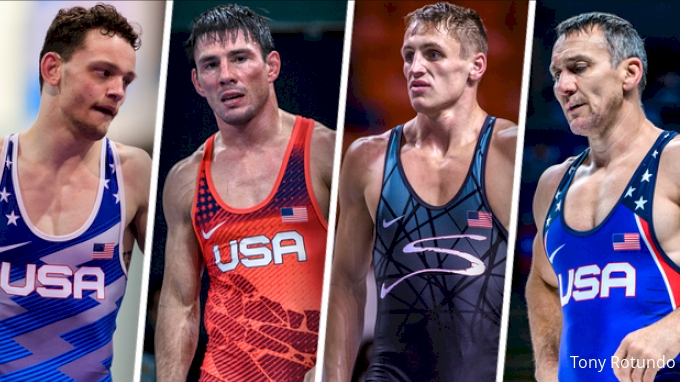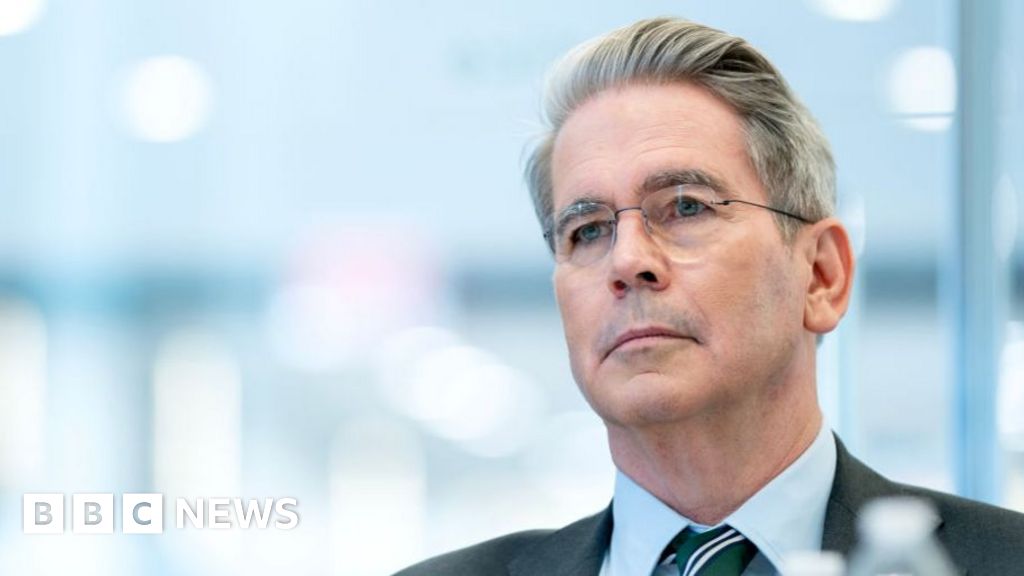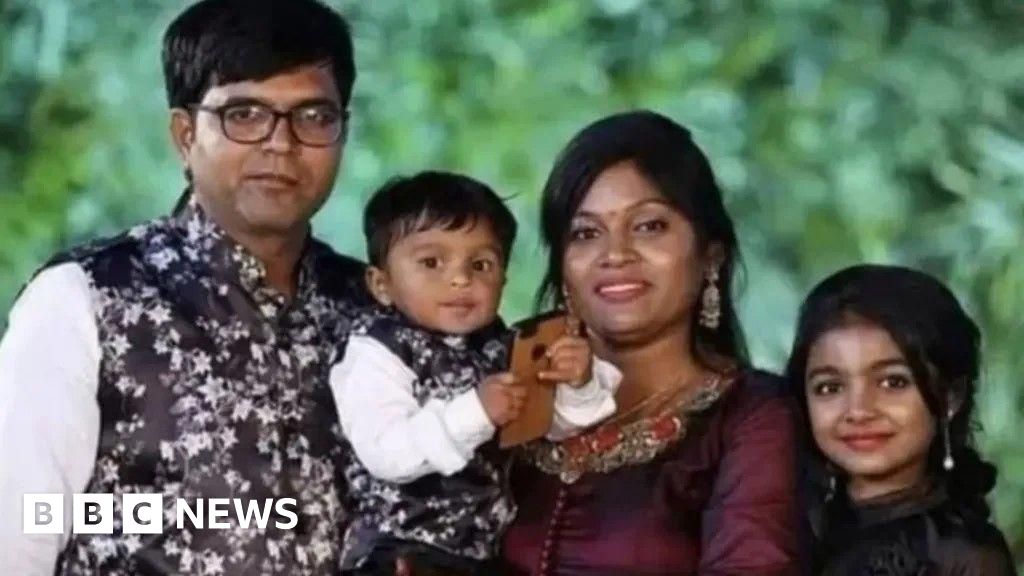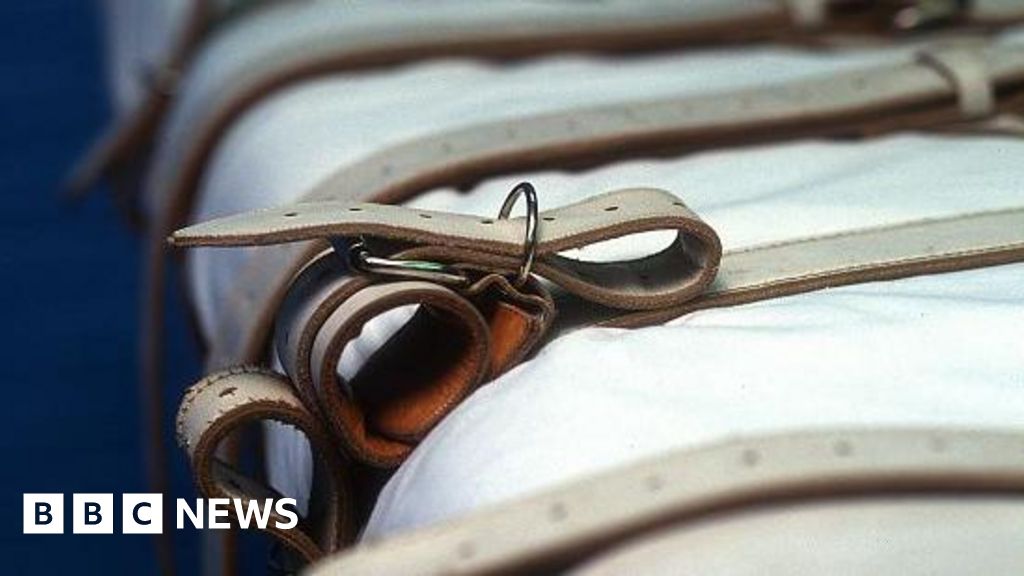World
The Complete USA Greco-Roman World Championship Preview – FloWrestling

Fresh off of its best performance at the U23 level in team history, the United States Greco-Roman program is looking to make a similar impact when the World Championships begins on Monday.
There are only four non-Olympic weight categories competing in each style next week in Albania, hence there are only four USA Greco World Team members. One interesting item for the American squad is that all four representatives have made prior World Championships appearances. In the case of Ildar Hafizov (63 kg, Army/WCAP) and Aliaksandr Kikiniou (82 kg, NYAC), the degrees of experience are quite substantial. Both gentlemen began making starts in Senior World-level events dating back to the mid-2000s. Hafizov was a member of two World rosters for Uzbekistan and also competed in the ‘08 Beijing Olympiad for his former country. Meanwhile, Kikiniou likewise suited up in several World tournaments for his home nation, Belarus, and walked away with a bronze medal way back in ‘09. Hafizov, 36, and Kikiniou, 44, are – of course – the oldest American wrestlers lacing up their shoes next week, but age is not necessarily a hindrance for Greco-Roman athletes in today’s climate as has been witnessed throughout the international landscape.
Brady Koontz (55 kg, TMWC/Dubuque RTC) and “Mr. Fantastic” Benji Peak (72 kg, Combat WC) are, conversely, amid the primes of their respective careers. Both have made one World roster apiece (Koontz in ‘23, Peak in ‘22) and have been at or near the top of their weight categories from a domestic standpoint over the course of the past four competitive seasons. Koontz had also appeared in World tournaments on the Cadet, Junior, and U23 levels previously, which likely provides for him an even deeper sense of familiarity with the sights and sounds he will encounter when action gets underway in Albania.
USA World Championships Greco-Roman Roster
55 kg: Brady Koontz (TMWC/Dubuque RTC)
Koontz’s biggest strength is par terre top. His long wingspan often allows for a comfortable (for him, anyway) elbow-to-elbow lock. That, plus his kick-off, helps him generate conventional turns, or he can use misdirection and crank out points from the other side. His coaches would like to see more assertion and actionable attempts on the feet, but not just due to gaining passive calls. The belief is that Koontz’s positioning is so strong and sound when he has underhooks, that he is leaving points on the table against too many opponents. Why depend on par terre scores, which can be a dice roll, when you don’t have to? Koontz’s best attributes are aligned with how most top international competitors do business. But for him to advance, he might have to press the issue in a more ardent manner than to which he is perhaps accustomed, though that happens to be something of which he is most assuredly capable.
63 kg: Ildar Hafizov (Army/WCAP)
No question about it – Hafizov is undersized for 63 kilograms. Despite the weight class more or less offering a contingent of wrestlers who have operated at Olympic 60, the two-time Olympian is still on the small side. He only “walks around” at 61, 62 kg. Even if he has managed to size up a little for this excursion, the thought is that he will still be “punching up” in this tournament, so to speak. How might such a thing affect Hafizov? On-the-feet, particularly. Hafizov is a double-overhook enthusiast who relies on pressure-release to create scoring windows. Maybe he struggles to create the type of static that lends itself well to these attacks, and maybe he finds the hand-fight a little more boorish than usual. From top par terre, Hafizov’s high-lock waterfall is an enormous weapon and heavier opponents should be as vulnerable to the maneuver as are 60 kg contemporaries. Put plainly, Hafizov is too good for three kilograms to serve as a some sort of severe roadblock, but it is one worth keeping in mind when watching him perform.
72 kg: Benji Peak (Combat WC)
It is not as though Koontz and Peak are carbon copies of one another, just in different weight classes, but they do boast height, length, and reach as commonalities. A deviation for Peak is that he is a lifter from par terre who primarily seeks crash guts as a secondary option if the lift is blocked. Sharpness, drive, momentum – those are the real keys for Peak currently. His bronze showing in Croatia last month demonstrated a nice mix of patience and zeal. He was not just breathlessly trying to create motion in the pummel. Peak was seeing adjustments in real time. There weren’t tangible scores from the feet, but he knew how to take charge according to what was being presented to him. His lone loss in that tournament was to eventual gold Dominik Etlinger, who prevailed due to a single turn from top. That was a good match for Peak, for Etlinger is a very tough and experienced competitor, and the Croatian is also a short, stout body type against whom it is difficult to acquire meaningful tie-ups. Yet, Peak had those kinds of moments. With more time to prepare – and with understanding his competitive personality – Peak is, among this group of Americans, as legitimate of a medal candidate as it gets.
82 kg: Aliaksandr Kikiniou (NYAC)
While it is natural to introduce age as the premier topic surrounding Kikiniou’s chances, perhaps the most interesting aspect of his appearance in this tournament simply comes down to style. Kikiniou had long exhibited many qualities which are normally associated with Eastern European Greco-Roman wrestlers. Disciplined stance and posture, an astute feel for counter-pressure, sporadic but dynamic attempts from the feet, and very solid par terre work in both phases. And it is not that these skills have eroded; to be sure, Kikiniou has indeed brandished them since competing in U.S. domestic events. However, he has also had to adapt to the playing field stateside, at least somewhat, and occasionally we have seen him go hips-out or engage in scrambles that are out of the norm internationally. Thus, witnessing how he approaches European and Asian opponents at this stage of his career might make for compelling theater. Nevertheless, he won’t be at a deficit in the skills department. So long as Kikiniou is in adequate condition and can control the tempo, he could wind up being a significant factor with whom opponents will have to deal.









